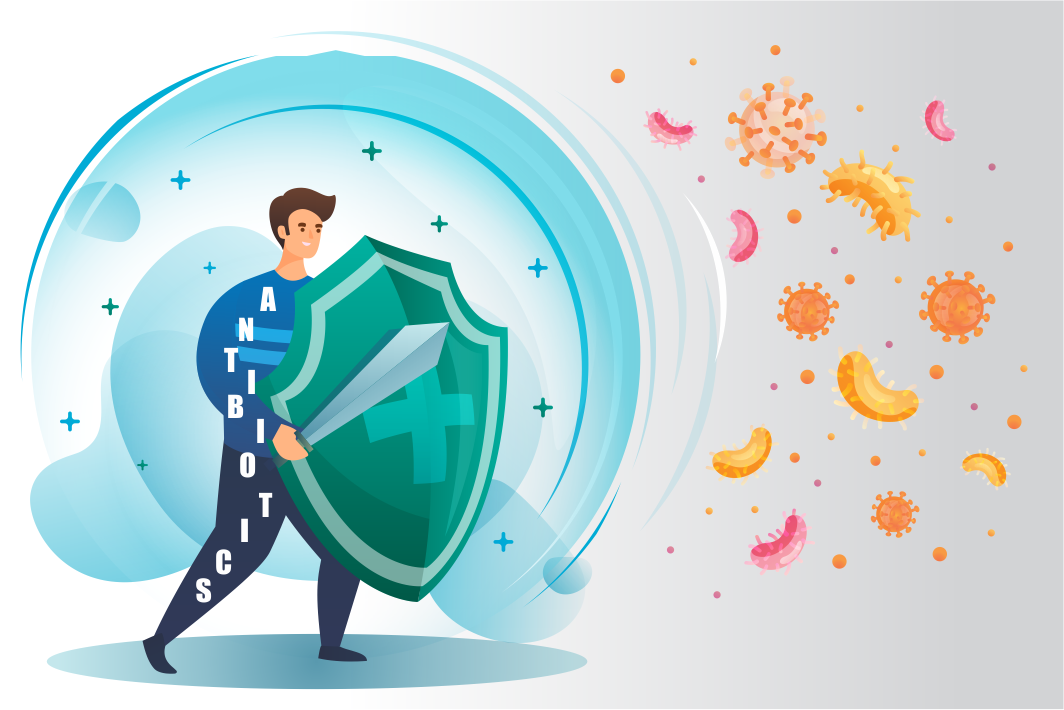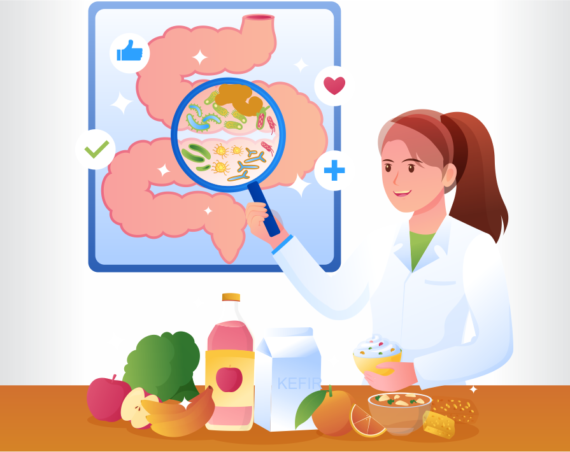India’s love for antibiotics is well known. On the advent of a typical cold and cough or fever, a request for antibiotics comes from the patient’s relatives, and doctors love to prescribe them. Antibiotics are available easily as OTC drugs, and even if not defined by a medical practitioner, patients ponder why they were not mentioned. The result of consuming antibiotics, whether needed or not needed, leads to anti-microbial resistance (AMR) among the population. Though medical practitioners, healthcare stakeholders, and even the World Health Organisation have mentioned the danger of AMR, things have mostly stayed the same on the ground.
What is AMR?
AMR, also known as drug resistance, is a natural process when microorganisms such as bacteria, fungi, and parasites undergo genetic changes and take over the drugs used to destroy the pathogens. According to WHO estimates, there are 4.95 million deaths per year associated with AMR. Low-and-mid-income countries bear the brunt of AMR.
Antibiotics being fed to live stocks take a toll on human health as these, when consumed, enter the body and ultimately lead to AMR. Even soil and water develop resistant traits when incomplete metabolism in humans leads to large amounts of antibiotics being released as wastewater.
Termed as the global severe public health threat by the WHO, AMR has its fair share when it prevents antibiotics from performing their job. It may be noted that certain surgeries, chemotherapies, organ transplantation, intensive care units for newborns, etc, need antibiotics, and this is where certain antibiotics fail to perform due to AMR. It results in morbidity and mortality for the patients undergoing the above procedures.
AMR leads to higher costs associated with more expensive antibiotics and extended hospital stays. This apart, patients may or may not survive after going through a second and third line of antibiotics.
Preventing AMR
Less awareness about antibiotics and incorrect knowledge of AMR leads to the above scenario. Healthcare practitioners need to prescribe antibiotics selectively and carefully. Reducing antibiotic misuse is the need of the hour. Preventing infections, access to quality diagnosis, appropriate treatment of diseases, etc, will lead to less use of antibiotics and thus prevent AMR.
The population at significant needs to be made aware of AMR. OTC antibiotics need to be monitored by agencies to ensure that no one is allowed to buy them without a proper prescription.
Washing hands at regular intervals will help prevent the spread of diseases and thus help patients go in for antibiotics. AMR surveillance can play a vital role in the early detection of resistance strains.
The future
AMR has already harmed the population, and for the betterment of our future generation, more awareness needs to be raised by saying no to the unnecessary use of antibiotics. Evolving AMR awareness is the need of the hour.





